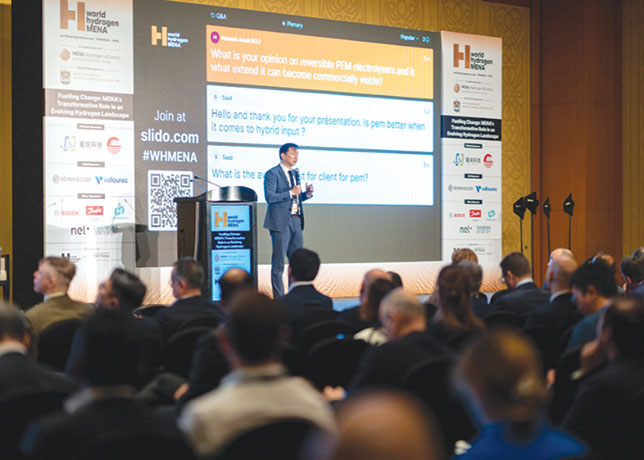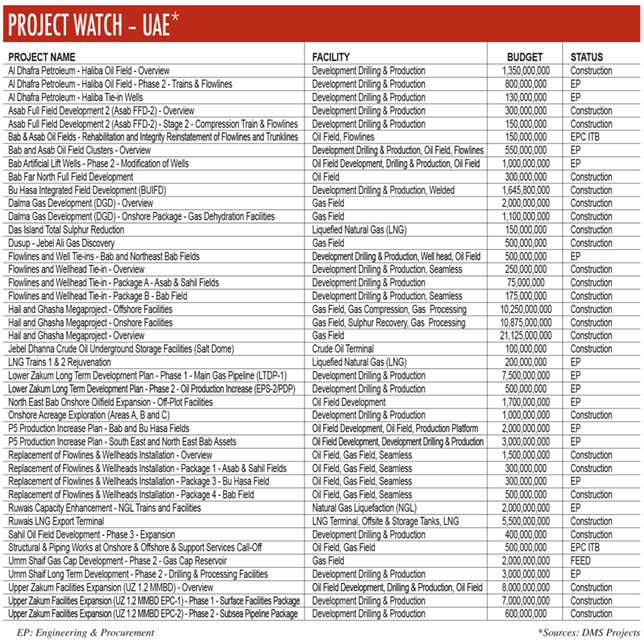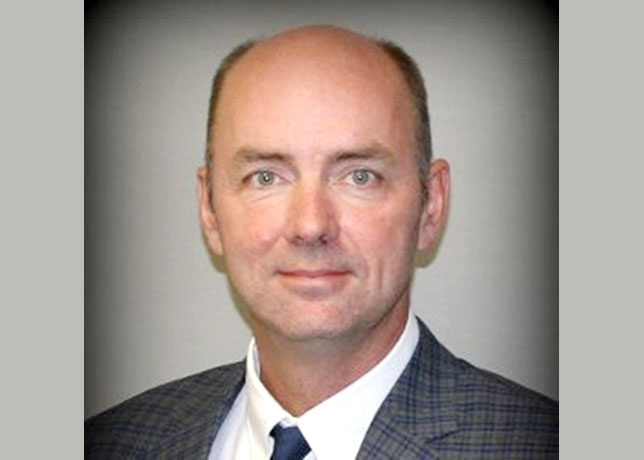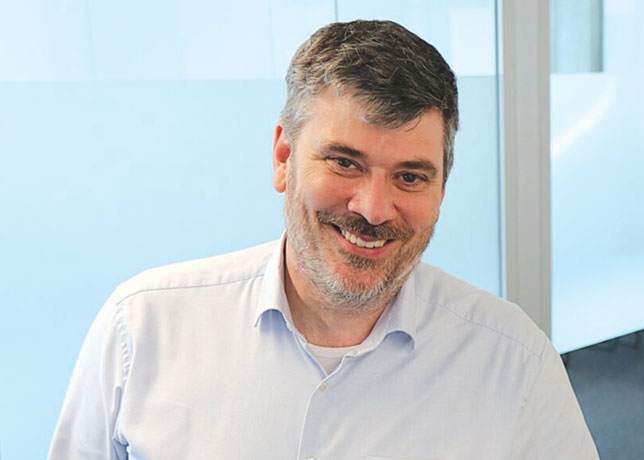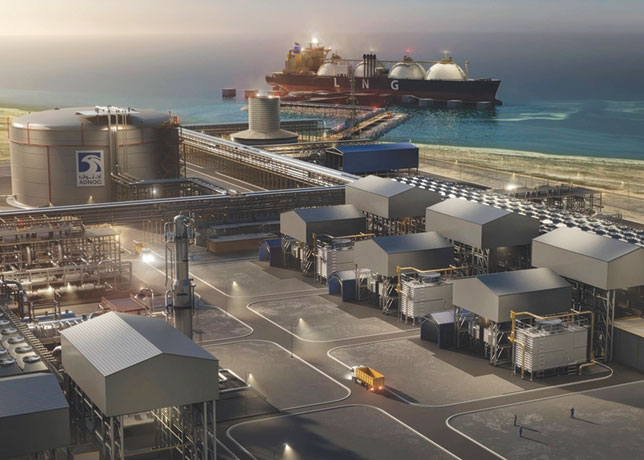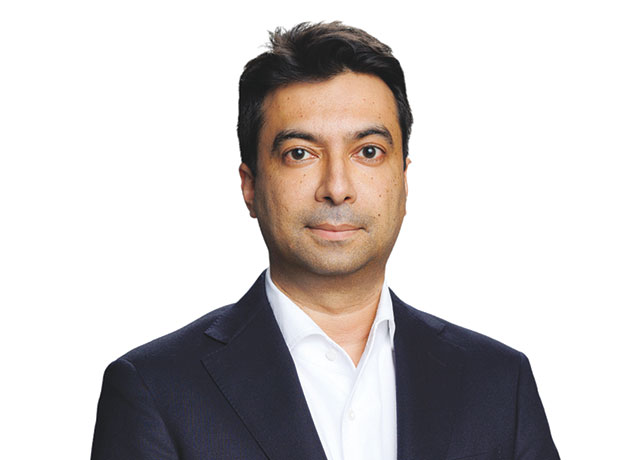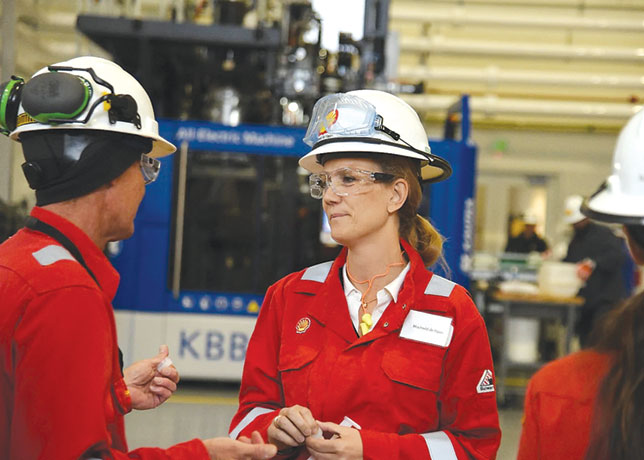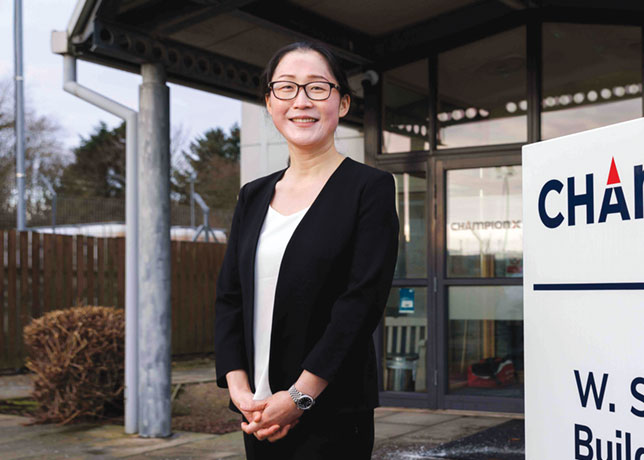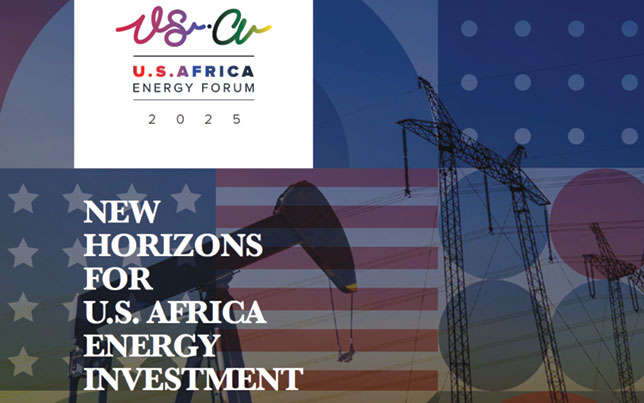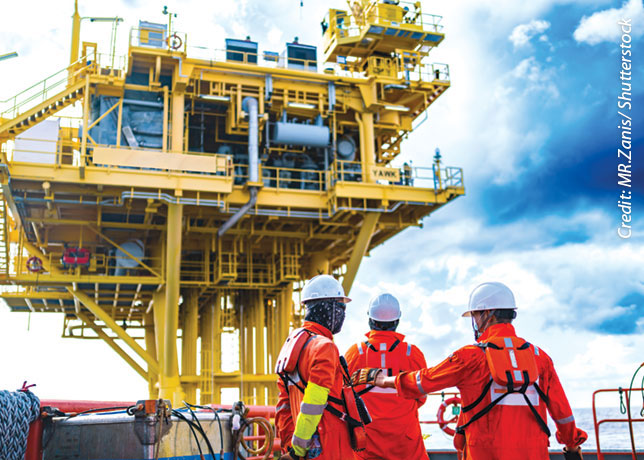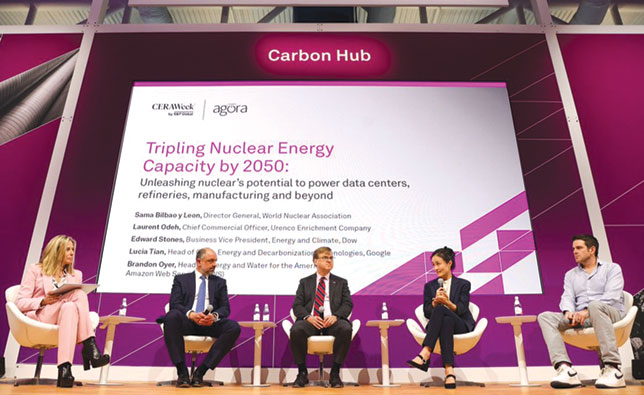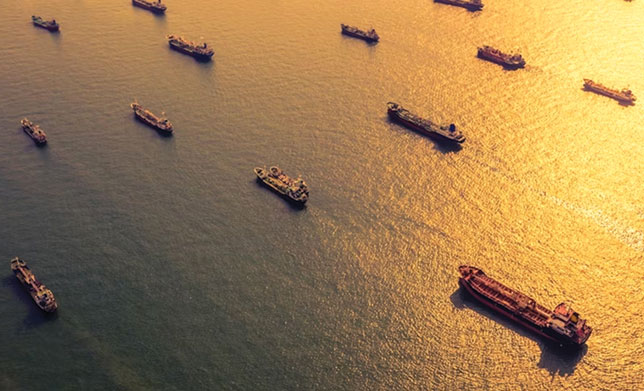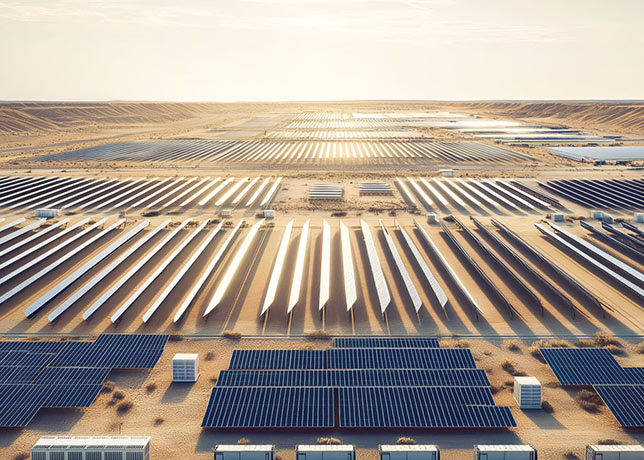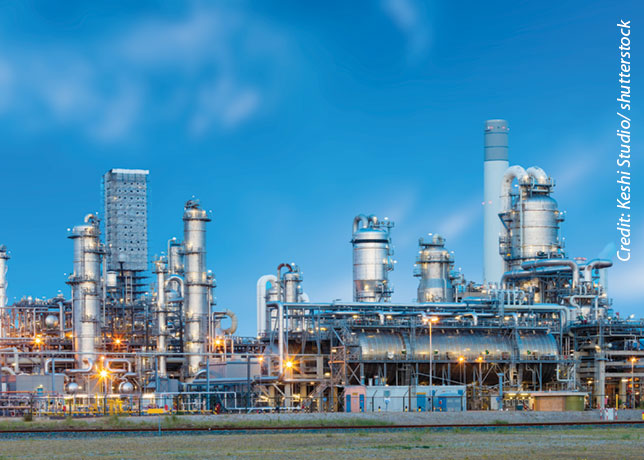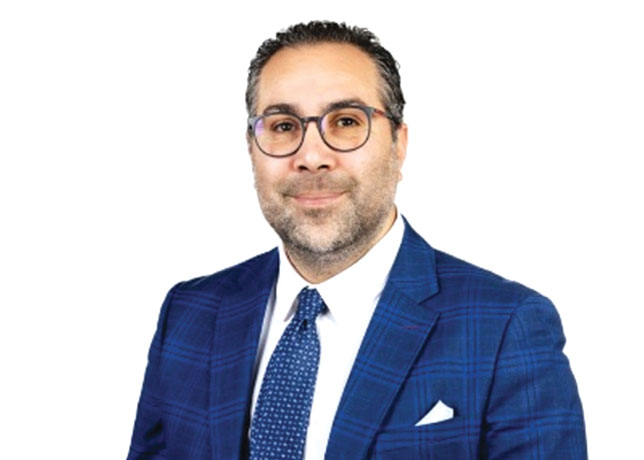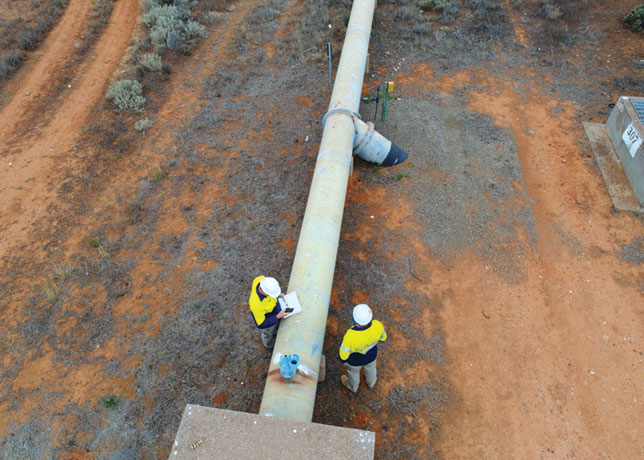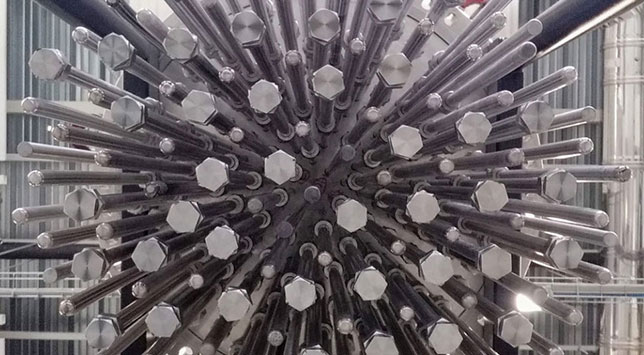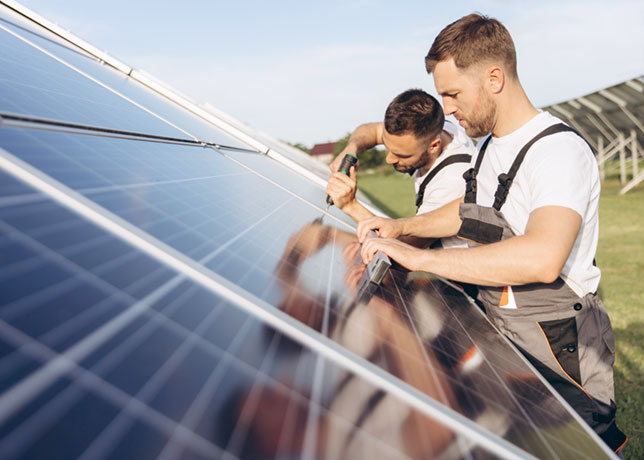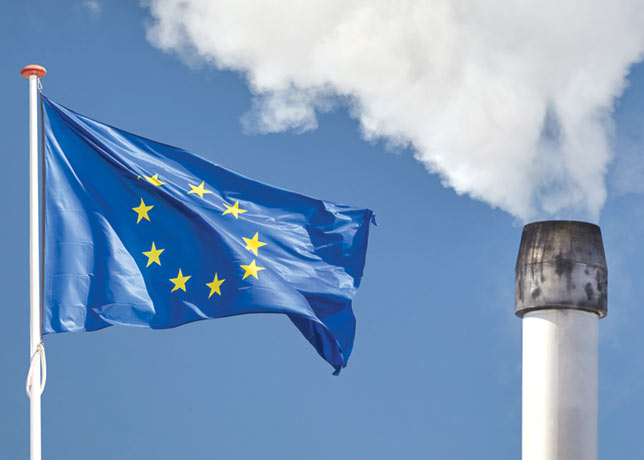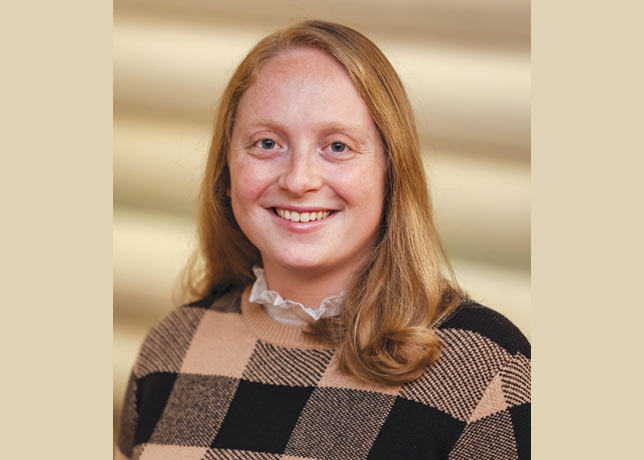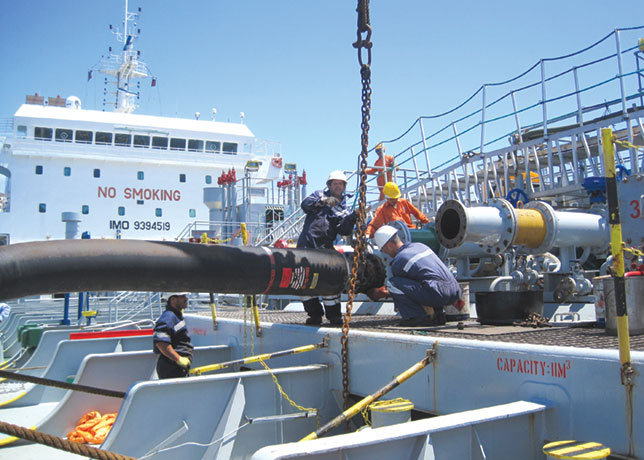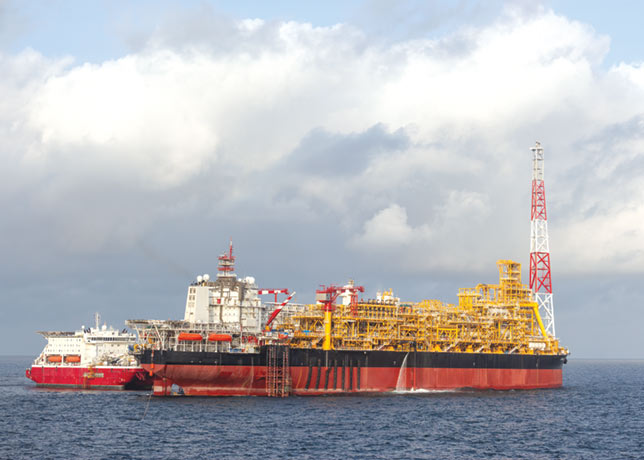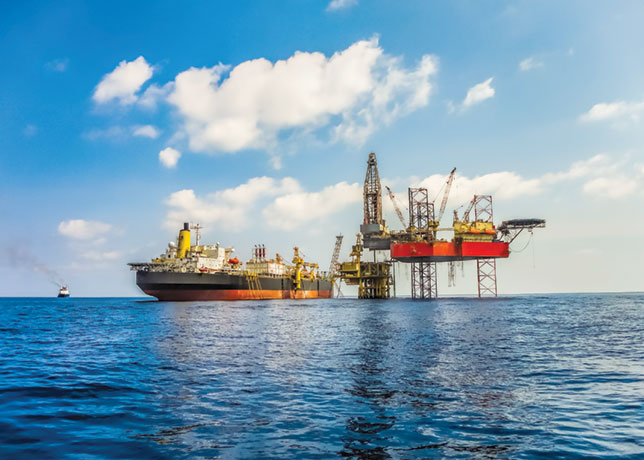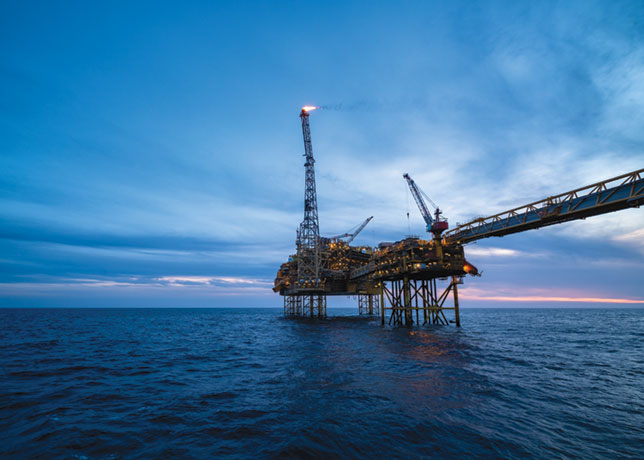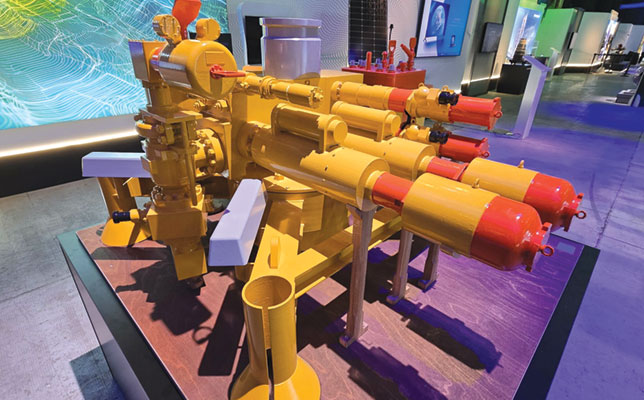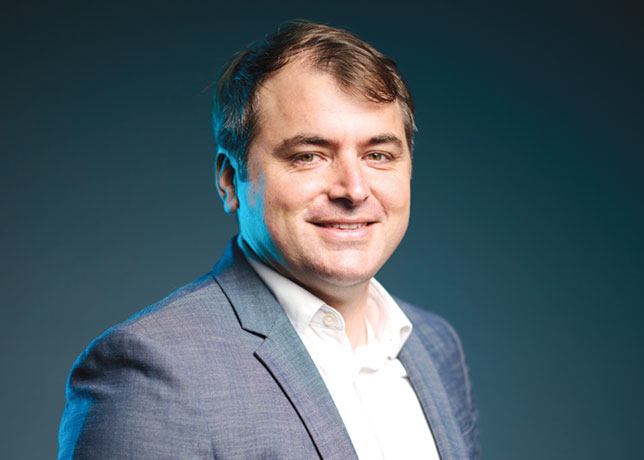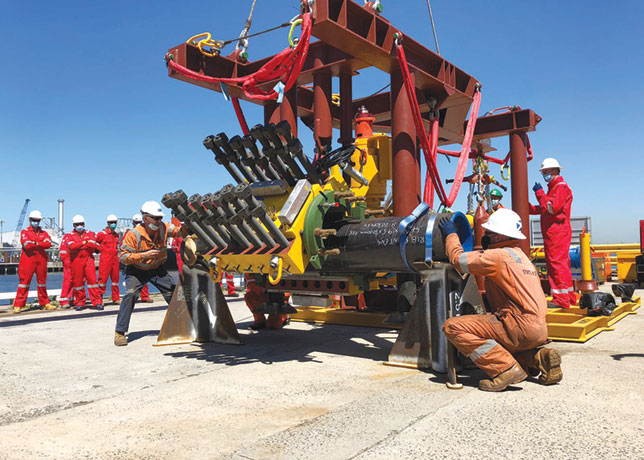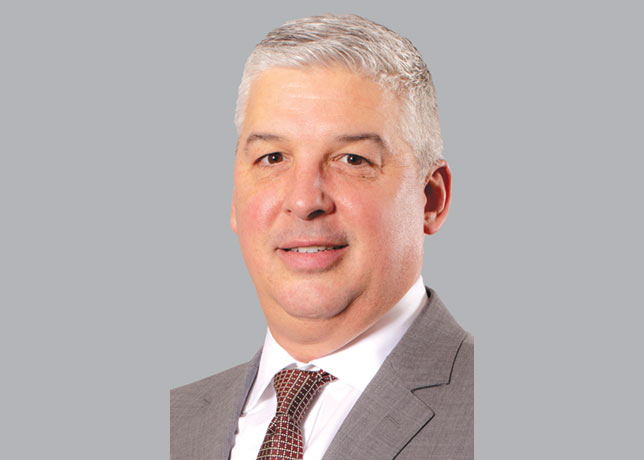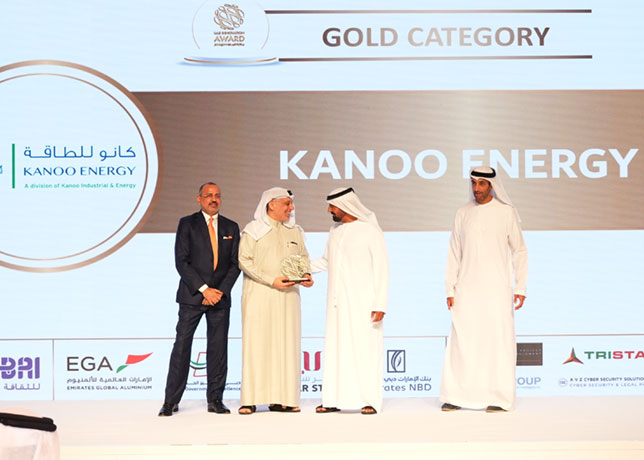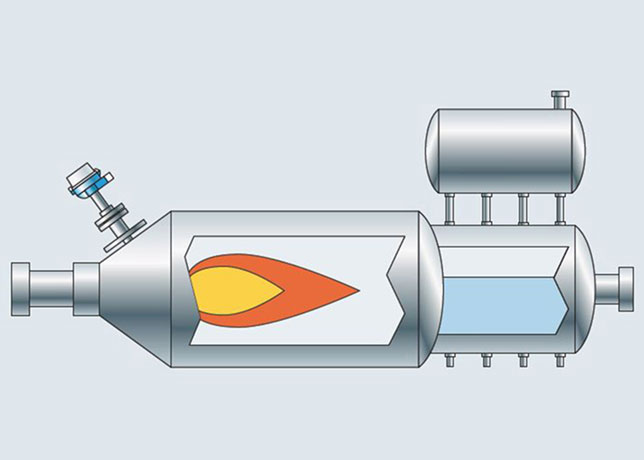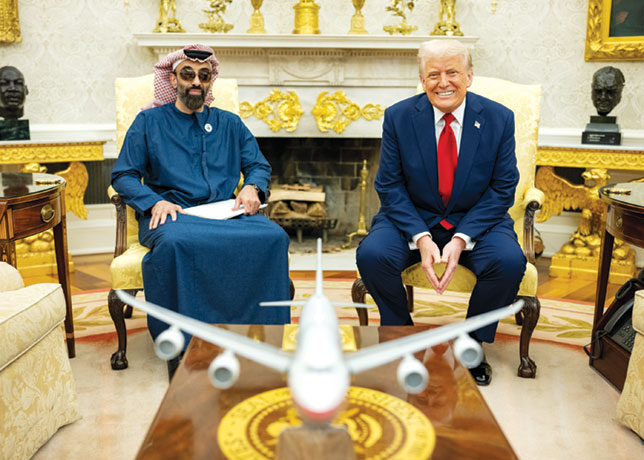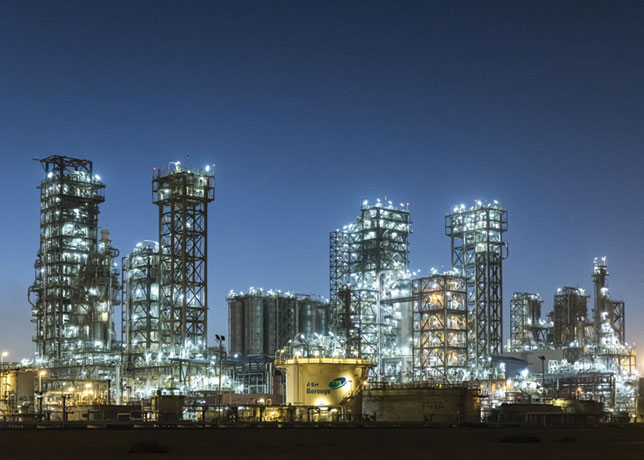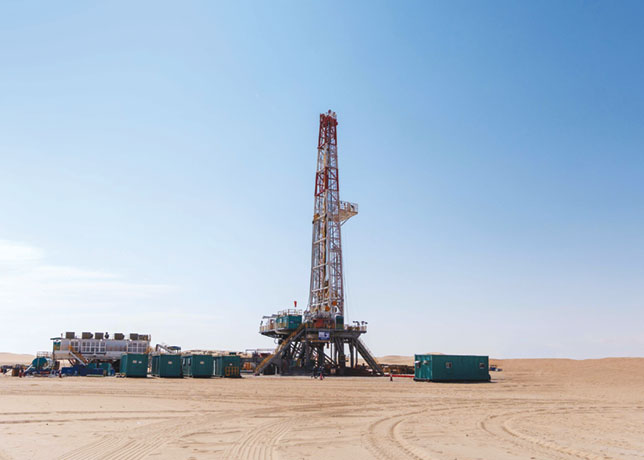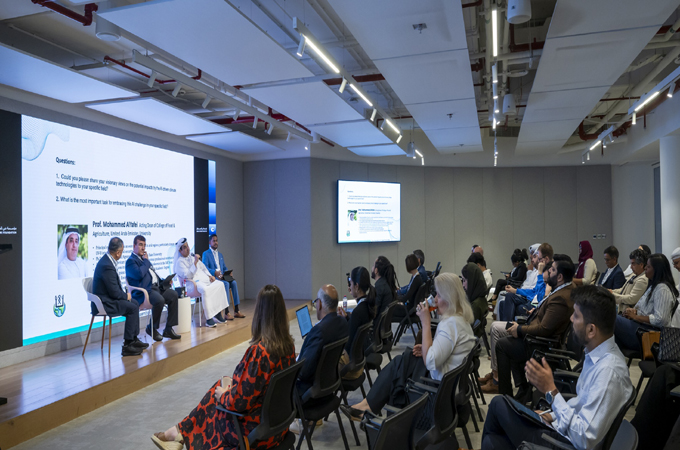
The global boom in artificial intelligence (AI) is prompting some countries to delay their energy transition plans for fear of missing out on the economic potential of a rapidly evolving trillion-dollar industry, experts warned during Dubai AI Week.
In a session titled ‘AI’s Energy Future: Strategies for Sustainability’, Zaid Al Ansari, Executive Director of EPRI Gulf, highlighted the soaring energy demands of generative AI tools. “When you run a simple Google search through a model like ChatGPT, it consumes around ten times more energy than a traditional search,” he said.
“Some countries are extending the lifespan of fossil fuel plants just to meet AI-related energy needs, while others are holding back on their renewable transition goals to remain competitive in the AI race,” he added.
Al Ansari stressed the urgency of integrating data centres with renewable energy sources, while Dr Mounir Boukadidi, Regional Director, Oracle Energy & Water MEA, pointed to the UAE’s strategic advantage: “The UAE generates approximately 166 terawatt-hours (TWh), while consuming around 158 TWh. This opens a major opportunity for regional energy trading—particularly for powering AI infrastructure.”
Dubai, it was noted, aims to become a regional hub for AI-powered data centres running on 100% renewable energy by 2033.
Mansour Belhadj, General Manager at Microsoft, said: “By 2026, data centres are projected to consume between 600 and 690 terawatt-hours of power. Around 60% of this will be driven by the execution of AI, and 40% by training models.”
The Dubai Assembly for AI featured a session titled ‘Future Forward: Unpacking the Trends Shaping AI’, where Joe Youssef Malek, VP for Executive Programs – Gulf, India & Emerging Markets at Gartner, explored the future of AI avatars. “We’re entering a world where individuals may have both a professional AI image and a social AI image,” he said. “But this comes with serious implications for personal identity and brand integrity.”
Dr Patrick Noack, Executive Director of Future Foresight at Dubai Future Foundation, warned: “Licensing a digital persona can be dangerous. You don’t know how that persona might behave in future contexts. It raises the philosophical and ethical question: who owns ‘you’? Is it the human self or the outsourced AI version—and what happens if your employer owns that persona?”
In a panel titled ‘Agents Amongst Us: Rethinking Work with Agentic AI’, experts debated whether AI would replace or reshape the workforce.
Mostafa Sallam, HR Leader at Microsoft, said: “It’s not about replacement, it’s about redeployment. Organisational culture will define how we adapt.”
Shereen Chalak Maalouf, CFO of Microsoft UAE, added: “Before becoming AI-ready, companies must put in the groundwork—starting with unified, clean datasets. Our journey began with data cleansing to build a single data platform.”
In ‘The AI-Powered Climate-Resilient Solution and Significant Impacts to UAE’, Prof. Mohamed Dawoud, Senior Advisor at the Environmental Agency – Abu Dhabi, explained how AI can support arid-region water management: “We use AI to manage recharge dams and harvest rainfall efficiently.”
Immanuel Moonesar, Professor at the Mohammed Bin Rashid School of Government, noted: “The challenge isn’t lack of data—it’s how we analyse big data to anticipate crises and take proactive steps.”
In ‘Human-Centred AI: Ethics, Rights, and Responsible Design’, H.E. Maqsoud Kruse, Chairperson of the National Human Rights Institution, posed a critical question: “Is AI the end of innovation—or is it evolving into something so different, we’ll soon call it by another name? Ultimately, the future reflects the choices we make.”
During ‘AI Propelling the Skies: Real Use Cases in Aviation’, Melanie Bryant, VP of IT Product Delivery at Emirates, discussed the airline’s adoption of AI: “AI is helping us optimise resources, save costs, and improve operational efficiency—ultimately enhancing the customer experience.”
Held under the patronage of His Highness Sheikh Hamdan bin Mohammed bin Rashid Al Maktoum, Crown Prince of Dubai, Deputy Prime Minister, Minister of Defence, and Chairman of the Board of Trustees of the Dubai Future Foundation, and organised by Dubai Centre for Artificial Intelligence, an initiative of Dubai Future Foundation, the Dubai AI Week 2025 runs from 21 to 25 April, uniting global experts, entrepreneurs, policymakers, regulators, investors, and innovators—from agile startups to global tech giants—under one vision: to shape the future of artificial intelligence in service of humanity. -TradeArabia News Service


